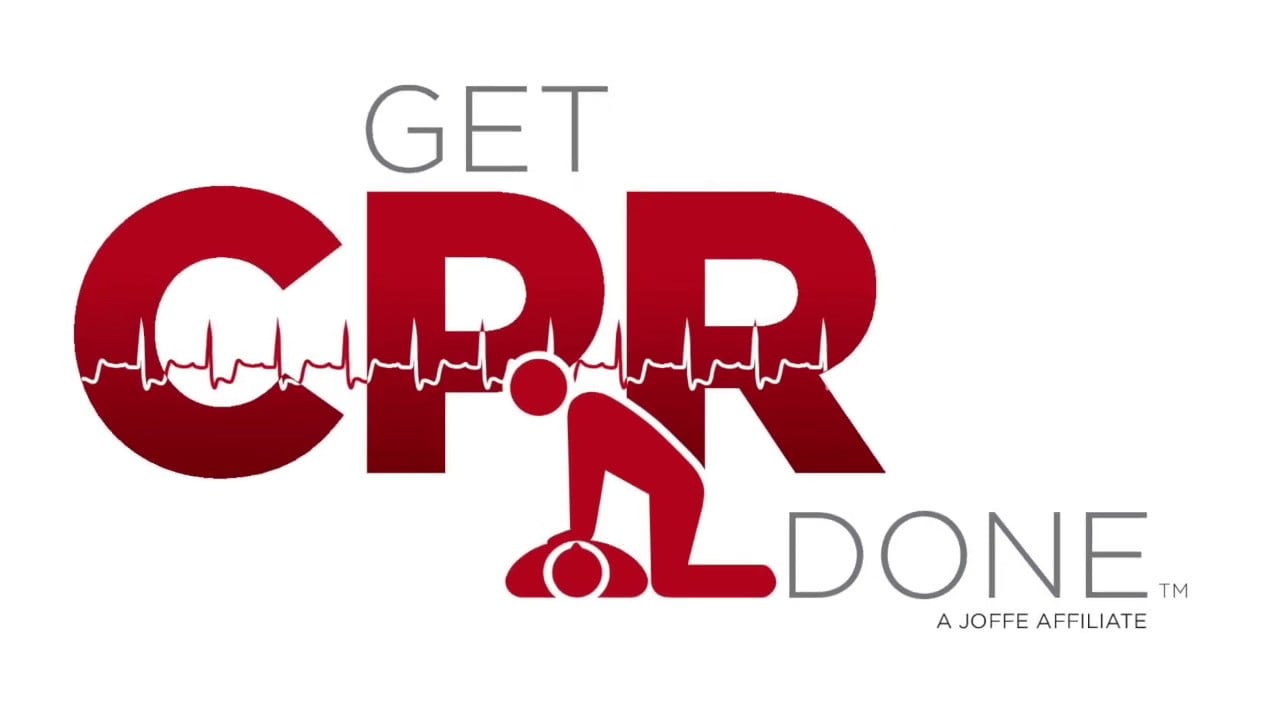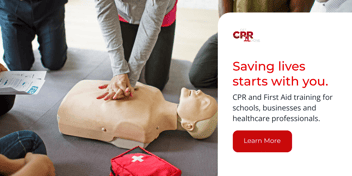While we may conceive of the process of CPR as ending once a patient is successfully revived, it simply is not true. Life post-CPR requires in-depth medical and emotional care that must be provided by medical staff and even loved ones. Although things would be easier if this was our favorite TV drama, cardiac arrest victims do not immediately pop back to life after CPR. About 80 percent of patients who are successfully resuscitated from cardiac arrest do not regain consciousness right after. An individual may remain in a coma for days or weeks. In addition, the survival rates of in-hospital cardiac arrest and out of hospital cardiac arrest can vary widely.
Patients will undergo a wide variety of these types of treatments over the course of their recovery. The psychological part of their recovery is equally critical, but less understood. Although the long-term health of cardiac arrest survivors is continuously researched, very little research has been done on a patient’s mental health journey following a sudden cardiac arrest. A Reuters study reviewing cardiac arrest issues for nearly two decades found that psychological health problems afflicted between 15 to almost 50 percent of all cardiac arrest victims. In addition, in the following months after the cardiac arrest, about one-third of victims were depressed, two-thirds had anxiety, and roughly 20 percent were encountering symptoms reminiscent of PTSD. If a loved one is recovering from cardiac arrest, be watchful for signs they are struggling in this area.

One common mental health symptom of cardiac arrest victims is to try and avoid doctors or medical treatments. If you notice these symptoms, do not try to force patients to do anything they refuse to do, as this could trigger the trauma they are attempting to avoid. Wherever possible, gently lead them towards getting stronger by following medical instructions and considering follow-ups with medical practitioners. Cardiac arrest is a difficult and strenuous event that has a real effect on the body, and patients will need support to overcome it in many aspects.
Psychological healing begins with patients feeling confident and comfortable about their future. Although most survivors will gradually return to living a healthy life after time for recovery, those that find it harder to do so are encouraged to seek out additional methods. Some survivors take comfort in support groups or forums where they feel safe discussing emotional, physical, and neurological changes.
Cardiac arrest is, simply put, a life-changing event, and it can be tough for patients to get back on track with their daily lives. With loving emotional and physical care, survivors can work towards regaining their love for life.




